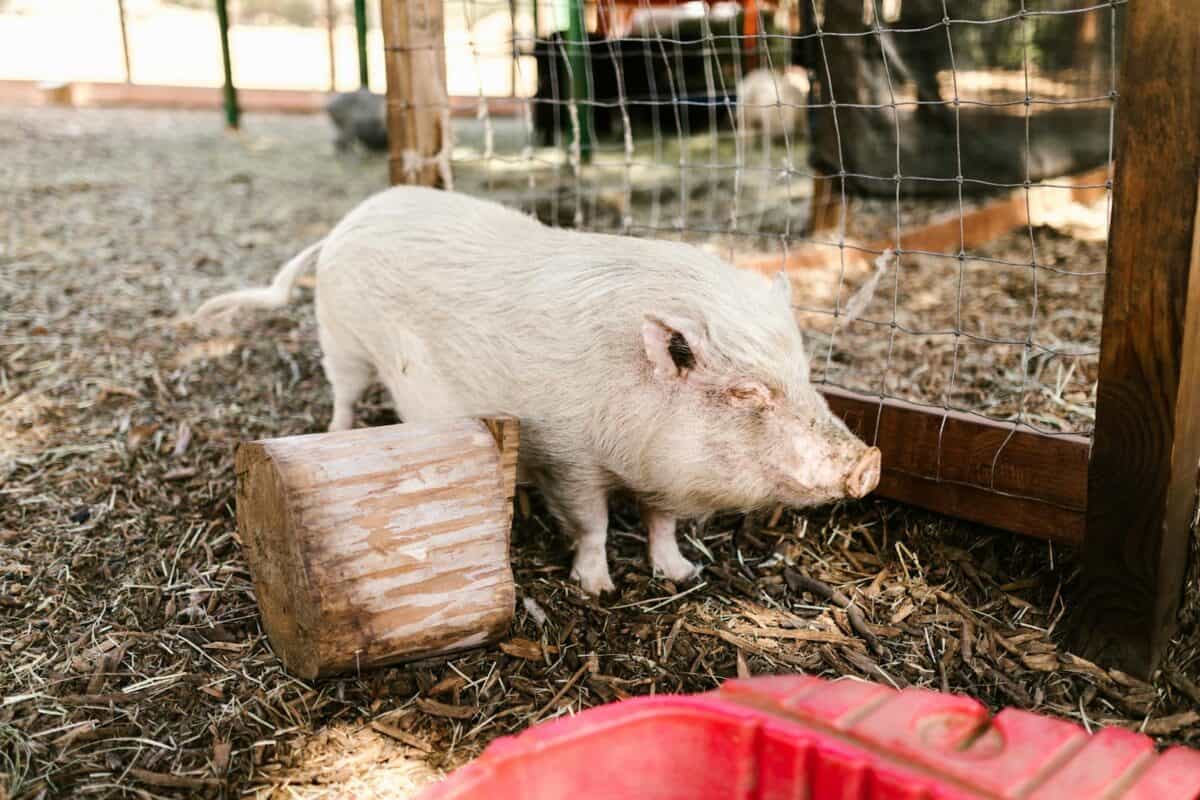Pigs are often underrated when it comes to intelligence and adaptability. However, recent research from the United States has unveiled fascinating insights into these social and intelligent creatures, suggesting that pigs can learn their names, much like dogs or cats. Let’s delve into this remarkable discovery and explore various facets of pig behavior and cognition.
The Study: Exploring Pig Cognition

Researchers from a prominent U.S. university conducted a study to examine whether pigs could recognize their names and respond to them. Pigs were observed in various controlled environments, and the results were surprising. They demonstrated the ability to respond to their names when called, indicating a level of recognition and memory believed to be unique to smarter animals.
Understanding Pig Intelligence
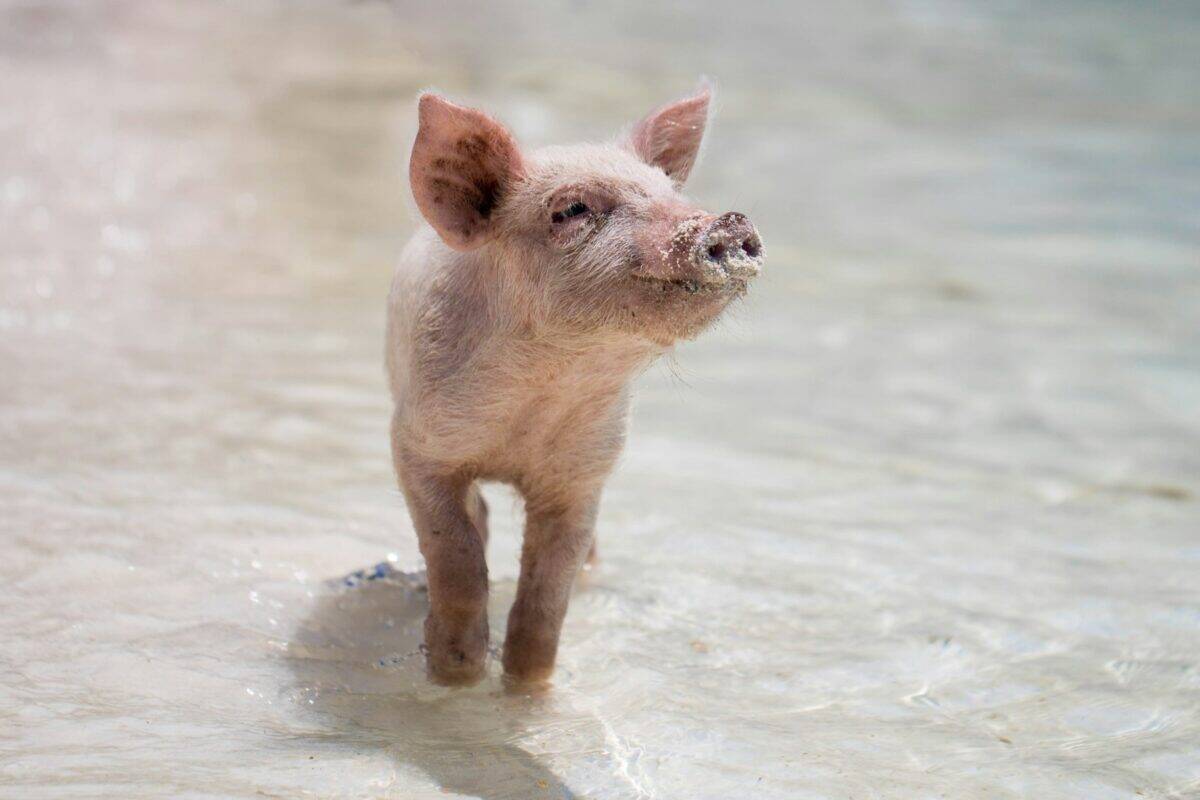
Pigs are part of a small group of animals recognized for their cognitive prowess. Their intelligence is comparable to that of dogs and even some primates. The study highlights that pigs are not only capable of learning their names but also can perform tasks, solve puzzles, and demonstrate emotional connectivity with humans.
Behavioral Traits in Pigs
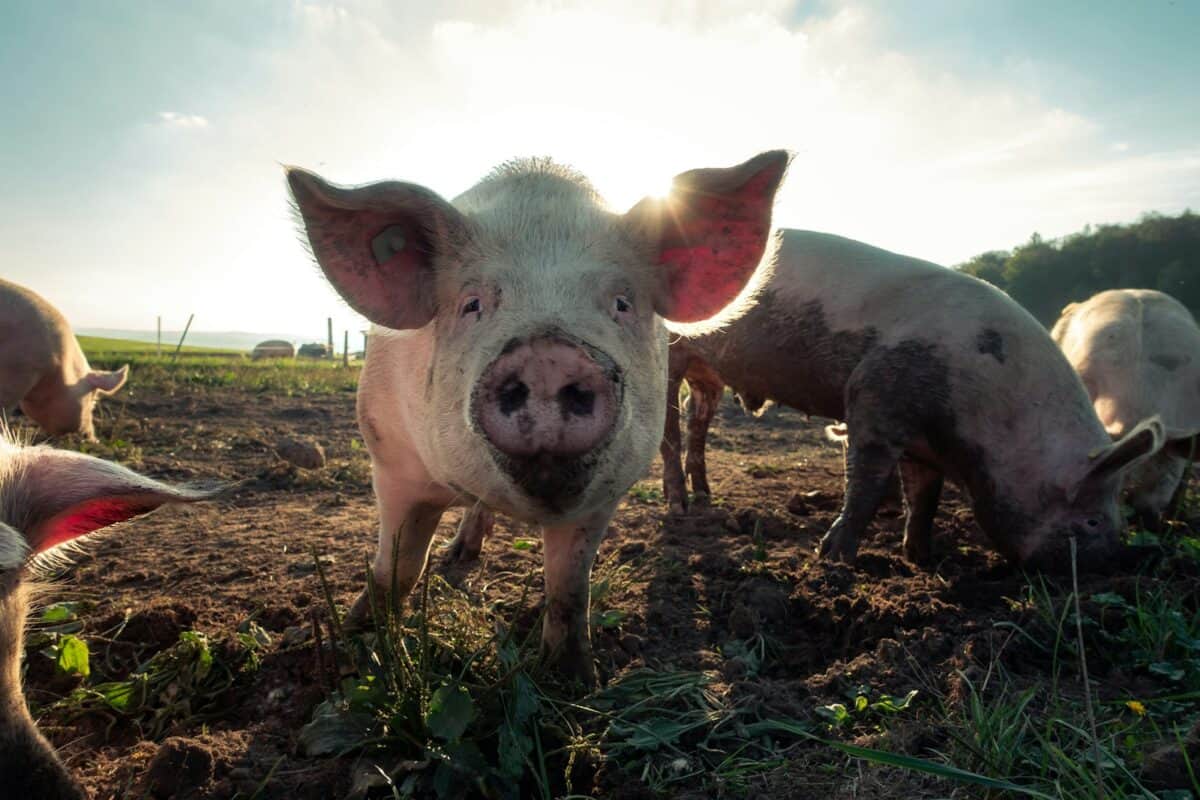
Pigs exhibit complex behaviors that have intrigued scientists for years. They are social animals, able to form strong bonds with their fellow pigs and humans alike. They have been observed engaging in play, navigating mazes, and using tools, showcasing their advanced problem-solving skills.
Social Interactions and Communication
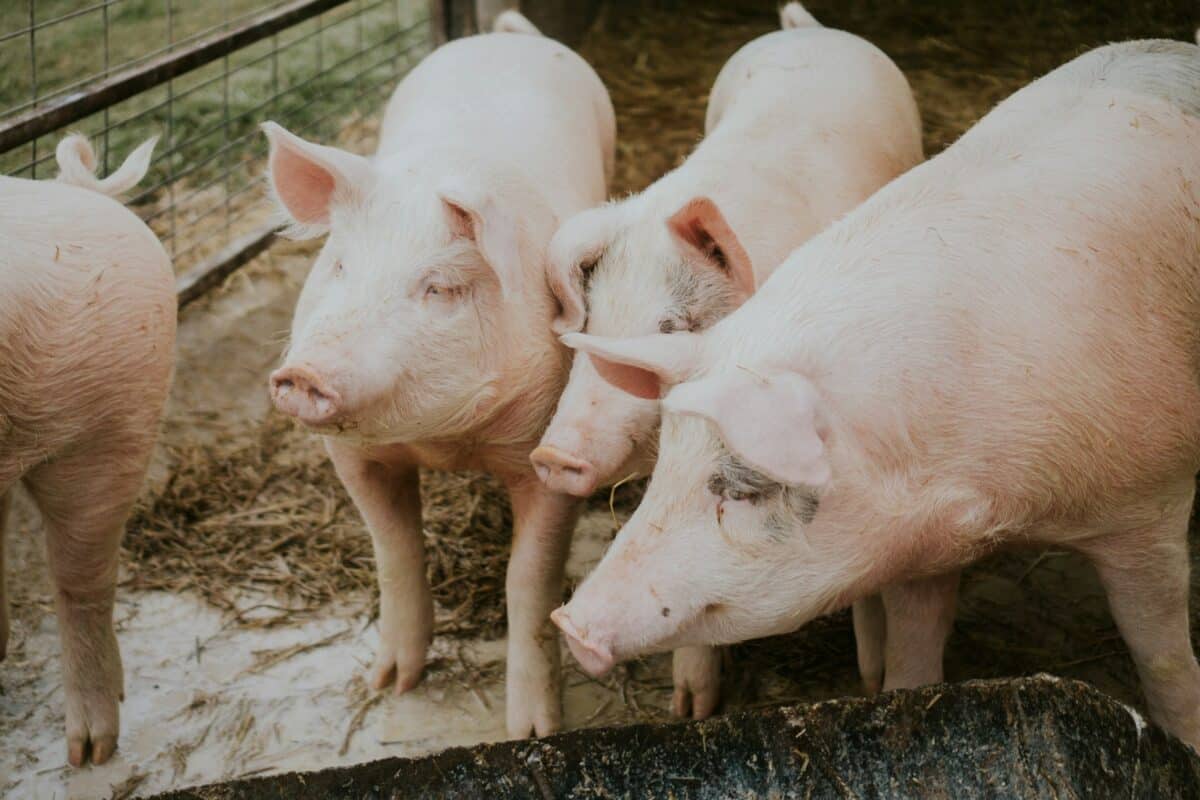
Pigs are highly social creatures that utilize a range of vocalizations and body language to communicate. The recent findings about pigs learning their names further underline their social nature and ability to engage with their caretakers through communication.
The Implications of Name Recognition
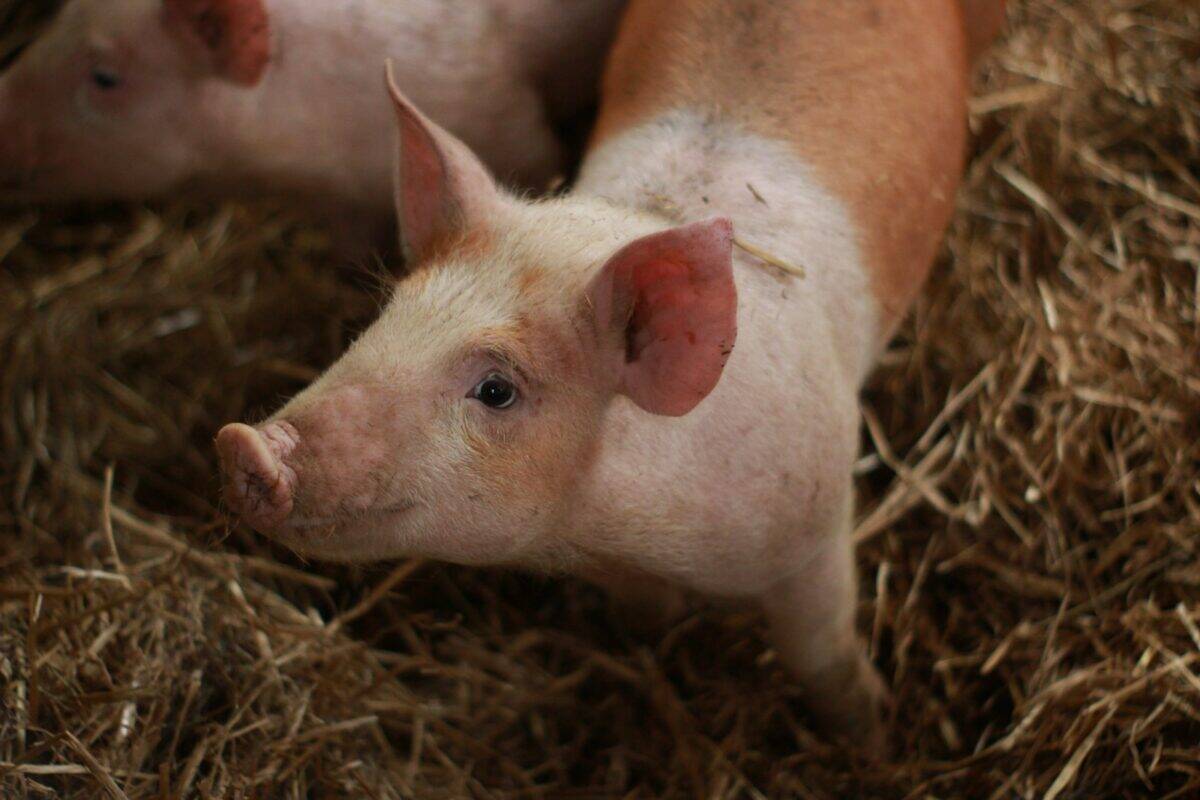
The ability of pigs to learn and respond to their names has significant implications, especially in farming and pet care. It enhances the way humans can interact with pigs, allowing for more personalized care and improving the welfare of these intelligent animals in various settings.
Pigs as Companion Animals
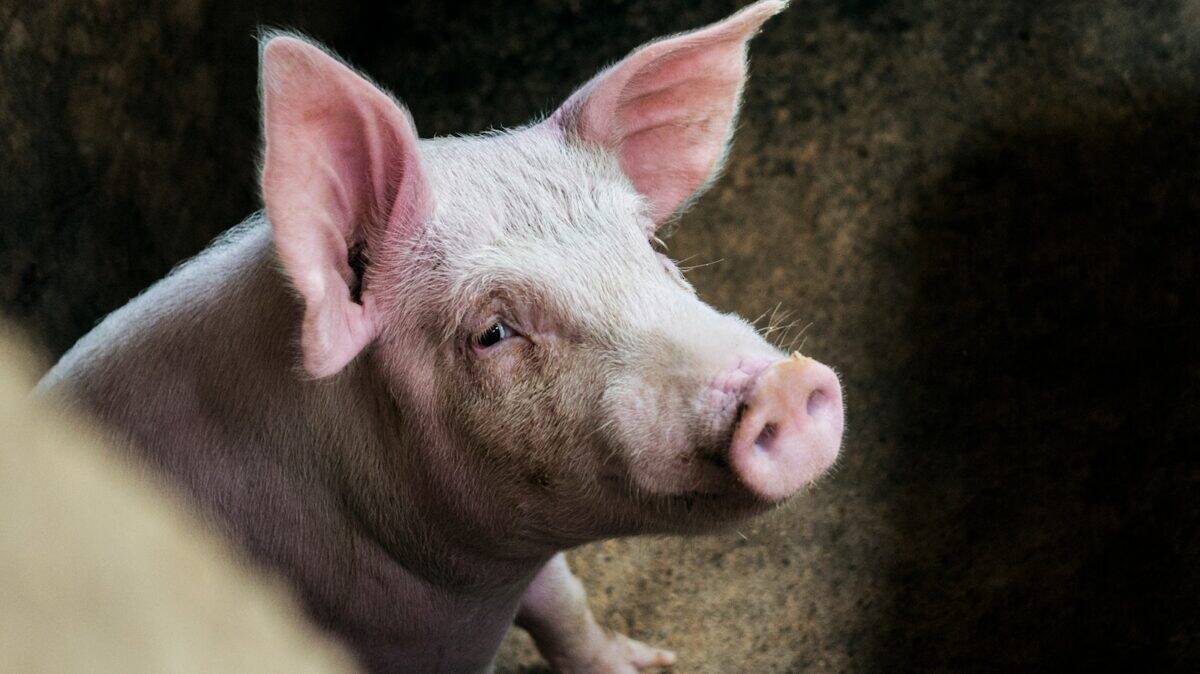
These findings come at an exciting time for those considering pigs as pets. With their capacity to learn names and commands, pigs make for engaging and interactive companions. They thrive in environments where they can receive ample interaction and mental stimulation.
The Emotional Lives of Pigs
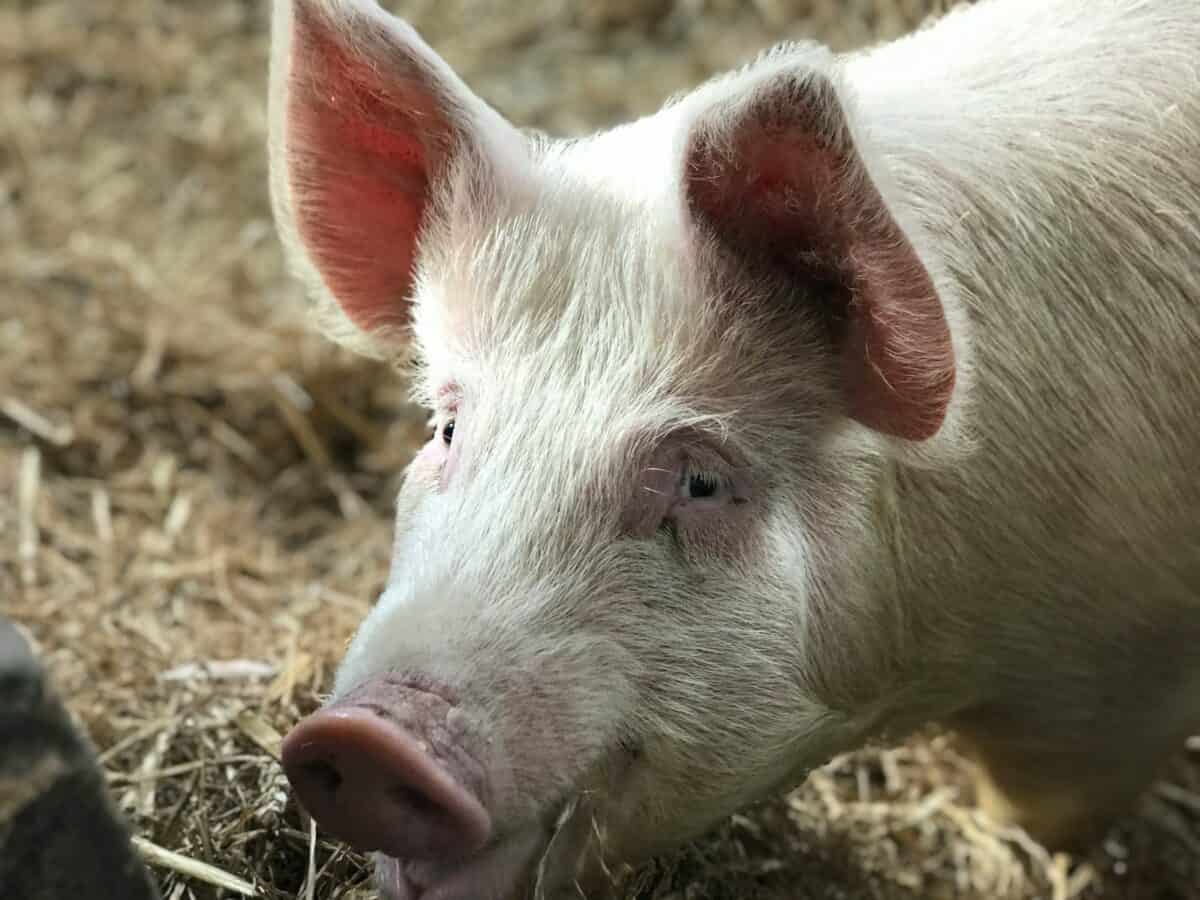
Pigs are emotional beings, capable of experiencing a range of feelings from joy to grief. Understanding that they can learn their names adds a new layer of depth to their emotional and social worlds, allowing humans to connect with them on a more personal level.
Training Pigs: Practical Approaches
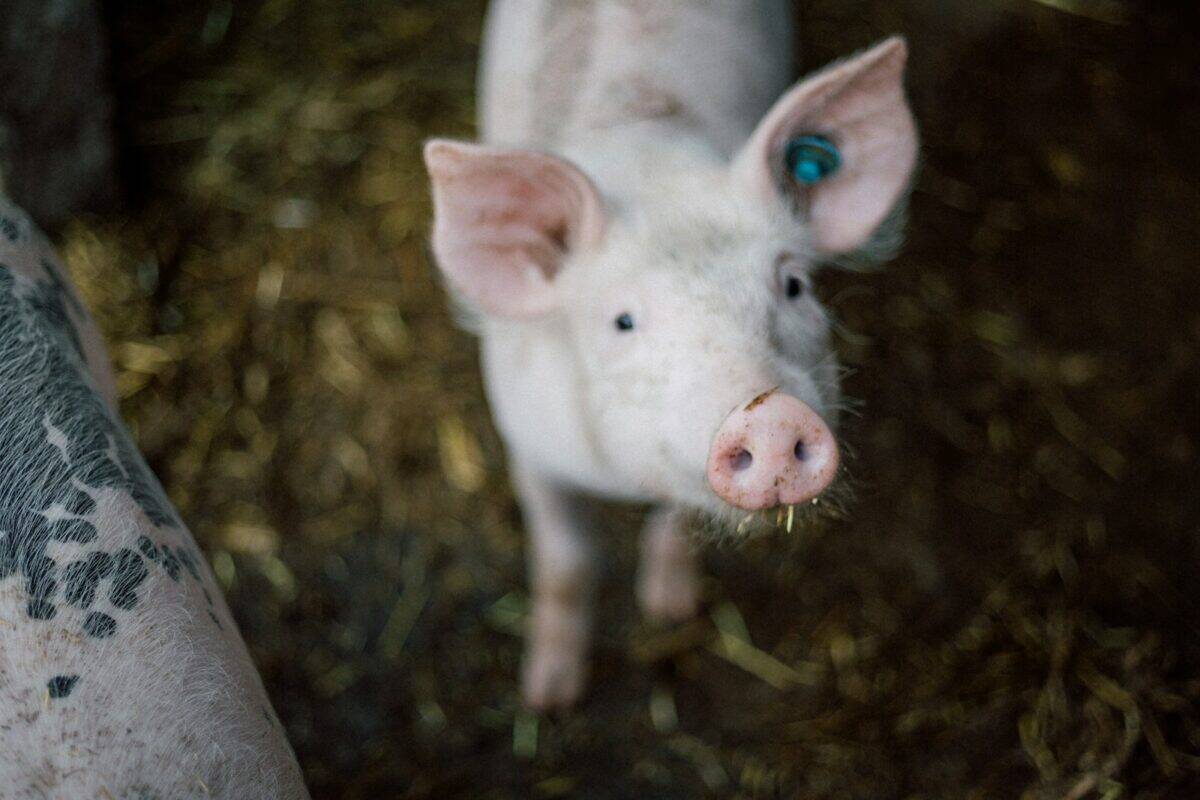
Training pigs to recognize their names involves consistency and patience. Much like dogs, pigs can be trained using positive reinforcement techniques. Calling their names regularly and rewarding them for responding helps reinforce the connection between the sound of their name and the expected response.
Comparative Animal Intelligence

Pigs’ ability to learn their names puts them on a similar cognitive footing to other intelligent animals such as dogs, cats, and certain bird species. This challenges previous perceptions of pigs and opens new avenues for research into animal cognition.
The Future of Pig Research

The study’s findings have sparked a new wave of interest in animal cognition and the capabilities of pigs. Researchers are keen to uncover more about how pigs learn and interact with their environment, which may lead to advancements in animal welfare and training methodologies.
Enhancing Human-Pig Interactions
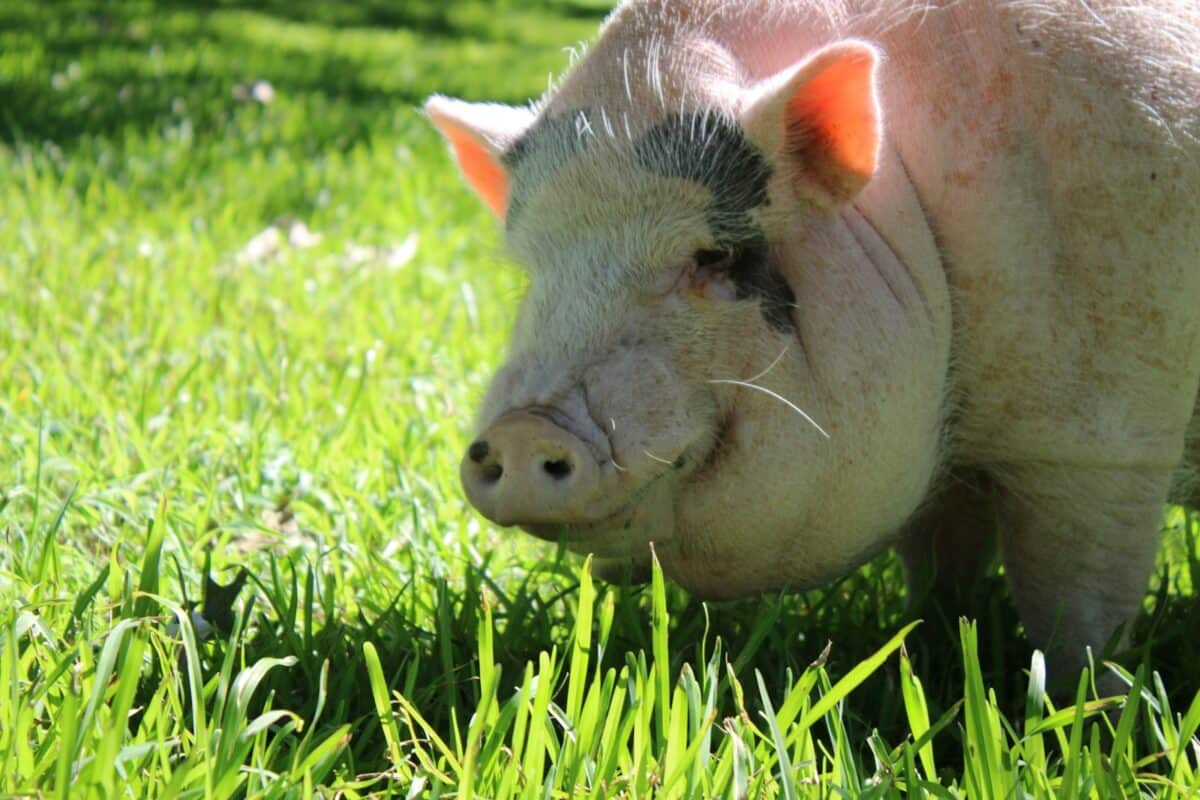
The newfound understanding of pigs’ cognitive capabilities can transform their role in human society. By acknowledging their intelligence, humans can foster better relationships with pigs, whether on farms or in homes, leading to improved welfare and more humane treatment.
Summary and Key Takeaways

This groundbreaking research has revealed that pigs are not only intelligent but also capable of forming personal associations with their human caretakers, such as recognizing their names. This affirms what many pig enthusiasts have long known: pigs are emotionally savvy and cognitively advanced creatures. Understanding and embracing these traits can lead to enriching human-pig relationships, with benefits for both species.
- The Sad Reason Polar Bears Are Struggling to Find Food - August 21, 2025
- How Do Animals Find Their Way Home Without GPS? - August 20, 2025
- Why Some Animals Can Live for Hundreds of Years - August 20, 2025

